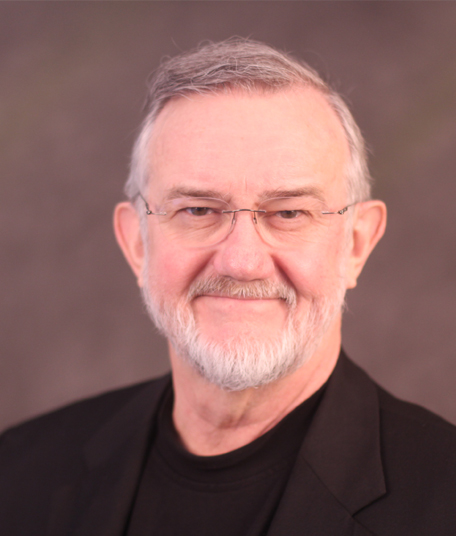
President’s Update
Not a day passes that even a casual observer can note the unprecedented circumstances and challenges our communities (and we ourselves) face. The impact on everyone’s mental health as they (we) cope with the changed and uncertain circumstances, the isolation, and the constraints on their (our) behavior. Examples are all around us. Here’s just one story published this morning about high school students in The 74:
LOOKING FOR ANSWERS, LEANING ON EACH OTHER: When Virginia Gov. Ralph Northam closed the state’s public schools, high school senior Emily Bach reacted like many of her classmates: mourning the loss of prom and graduation, laughing about the possibility — no joke — of online dog grooming classes. But soon, as she writes in the latest in The 74’s “Pandemic Notebook” series, she was deluged by alarming texts: “Even for people who didn’t previously need formal mental health care, the general culture of stress, anxiety and grief created by the virus has strong mental health implications. Nearly all of my close friends describe feeling hopeless, anxious or sad. I’ve listened to many of my friends hyperventilate into crying spells in recent weeks, something that never happened prior to the virus. Some even began contemplating self-harm.” The problem, in a time of social distancing and scarcity, is that friends lack the expertise of trained therapists, she said. Despite her own struggles with mental illness, Bach says she often feels like she’s putting “Band-Aids on gunshot wounds that require professional treatment.” During this time, she and her friends find themselves leaning on each other and improvising coping strategies, from doing schoolwork outside to creating pandemic playlists.
We, as LPA members, can all be proud of how psychology, especially LPA in our state, has stepped up to these challenges. You have noted that Dr. Erin Reuther and her task force on COVID-19 have been monitoring and offering resources for psychologists about the virus. APA, too, has generously offered many resources to psychologists and the general public. Drs. Courtland Chaney and Bridgett Sonnier-Hillis, co-chairs of LPA Public Affairs, have facilitated psychologists assisting other health care professionals coping with the mental health challenges of serving in this crisis. Drs. Kim VanGeffen and Richard Niolan, Professional Affairs Committee, continue to monitor governmental activities and the Louisiana State Board of Examiners of Psychologists (LSBEP). Our current efforts to work with LSBEP on needed changes to the licensing act is a good example that the COVID challenge has not prevented LPA from a broad focus on our profession and protecting the public. And Dr. Julie Nelson (LPA’s special treasure) & Amanda Raines, co-chairs of Convention and Continuing Education, didn’t miss a step in quickly pivoting our typical face-to-face convention this year into a series of virtual continuing education opportunities (ongoing). Dr. Reuther and the Legislative Affairs Committee are closely monitoring our (mostly ‘masked’) legislators as they reconvene the legislative session. These are just a few examples. LPA is stepping up because we have an active membership committed to ethically addressing the needs of our communities. I’m so proud of LPA, and of you, for demonstrating that psychology is a powerful, positive influence in making things better in our state. You inspire me.
As you go about your days, please remember that self-care is integral to the provision of evidence-based practices of healthcare and psychology. When I say “take care,” I mean please take time to take care of yourself in these challenging circumstances. LPA is a resource to you. Reach out to LPA when the need arises. LPA is an integral part of the well-meant, often spoken phrase, “we will get through this together.” Thank you for being a part of LPA and for all that you do. Remember to Take Care.
